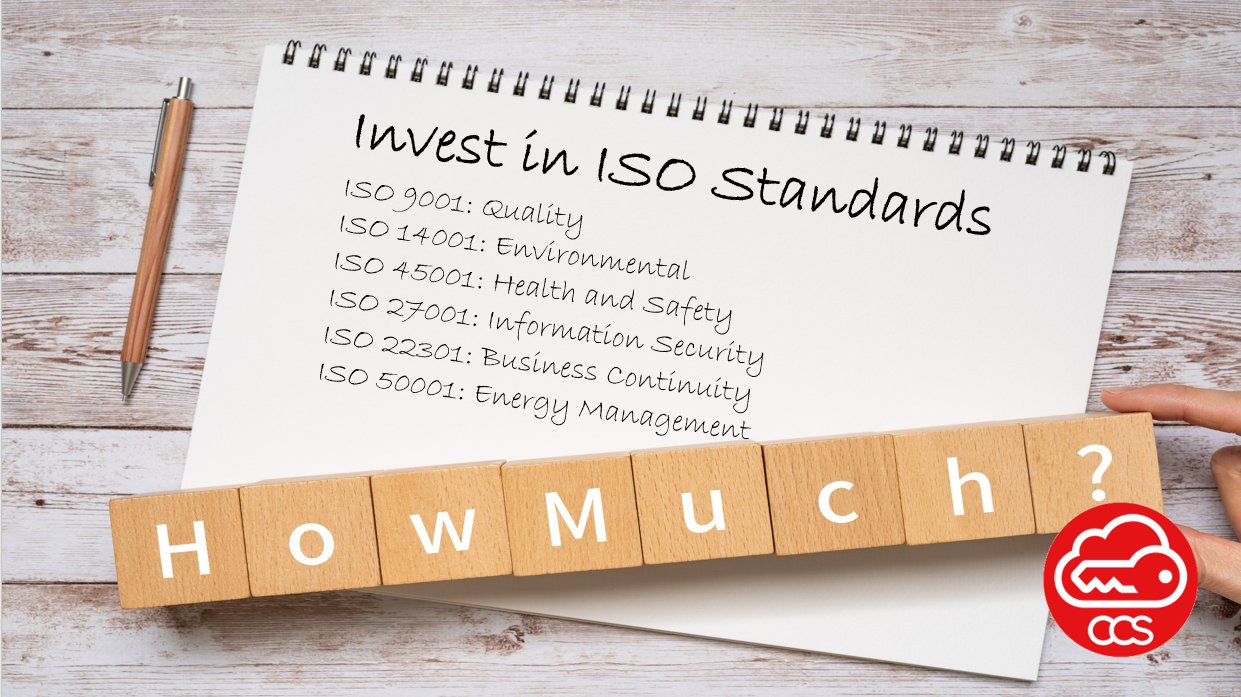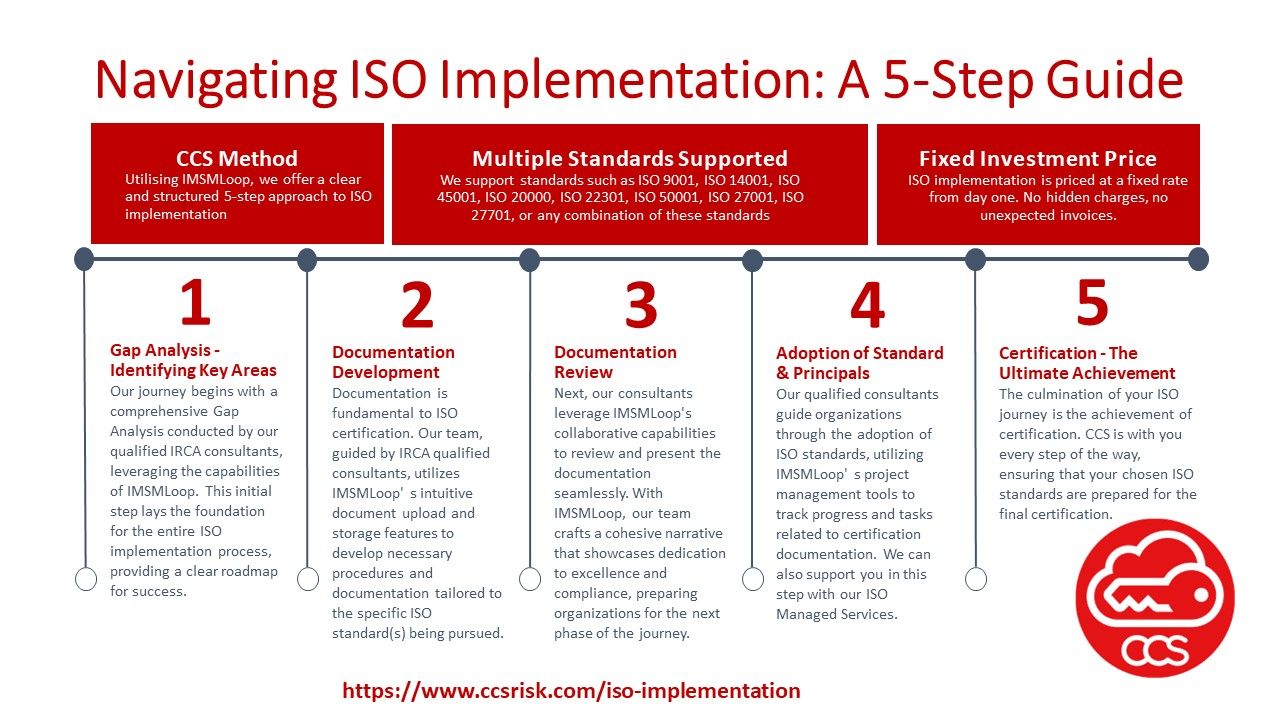Embracing Climate Change:
How Recent ISO Standards Evolve to Address Environmental Concerns
In a world grappling with the urgent challenges posed by climate change, the International Organization for Standardization (ISO) has taken a significant step forward. On February 23rd, 2024, ISO, the global authority on setting standards across various industries, announced amendments to several Management System Standards, including ISO 9001, ISO 14001, and ISO 50001. These changes are poised to make climate change a central consideration for organizations worldwide. But how does this affect you?
Climate Change Imperative: Understanding the Urgency
The recent updates to ISO standards reflect a pivotal recognition of the environmental crisis facing our planet. By integrating climate change considerations into core management systems, ISO aims to empower organizations to navigate sustainability challenges effectively. The amendments were enacted to ensure that all standard holders not only comply with regulations but also uphold their environmental responsibilities.
Embracing Environmental Evolution: Exploring the Amendments
The amendments introduce two crucial statements within existing ISO standards:
- 4.1 - Understanding the organisation and its context:
- Organizations are now mandated to assess whether climate change impacts their ability to achieve their management system's intended results. This directive prompts organizations to evaluate how climate change may affect their operations, supply chains, and overall business objectives.
- 4.2 - Understanding the needs and expectations of interested parties:
- Organizations must now identify any requirements related to climate change from stakeholders and interested parties. This provision underscores the importance of considering climate-related concerns raised by customers, suppliers, regulatory bodies, and the broader community.
Environmental Leadership: Taking Action in Your Organization
The inclusion of climate change considerations in ISO standards signifies a paradigm shift in how businesses approach environmental sustainability. Regardless of size or sector, all organizations must acknowledge and address the inherent impact of climate change on their operations.
By integrating environmental measures into existing management systems, ISO standards offer a framework for organizations to better understand and mitigate climate-related risks. These changes compel businesses to adopt a holistic approach to sustainability, fostering a culture of environmental stewardship and resilience.
As the world grapples with the far-reaching consequences of climate change, proactive measures are imperative. The recent amendments to ISO standards represent a crucial step forward in aligning organizational practices with global sustainability goals.
Embracing these changes not only demonstrates a commitment to environmental responsibility but also positions organizations for long-term success in an increasingly environmentally conscious world. By integrating climate change considerations into management systems, ISO standards pave the way for a more sustainable future, where businesses thrive while preserving the planet for generations to come.





